Projects
Project: N°2 Trauma Outcomes Prediction
Trauma Outcomes Prediction: Using Data-Adaptive Methods to Optimize Follow Up Of Injured Patients after Hospital Discharge in Cameroon
Our long-term goal is too significantly Improve health in sub-Saharan Africa (SSA)
Approximately 9% of the world’s deaths, more than 5 million deaths annually, are due to injury. The research and funding investment in the study of injury is not commensurate to the magnitude of the problem. The people of sub-Saharan Africa (SSA) are disproportionately affected by injury. To significantly improve the health in SSA, there is an urgent need for effective, innovative, and scalable approaches to reduce morbidity and mortality from injury.
Our overall objective is to improve health in SSA by identifying and retaining injury patients who would benefit from further care after initial treatment.
In SSA countries like Cameroon, injured people face multiple obstacles to trauma care, including potentially lifesaving follow-up care after hospital discharge. Our community-based survey of 8,065 patients in Southwest Cameroon found that 34.6% of injured respondents did not seek immediate formal care after injury, and another 9.9% only sought formal care after alternative means, such as traditional medicine practitioners. However, initial receipt of formal care is only the first of several necessary steps in recovery. In Cameroon, for the 65.4% of injured people who seek formal care after injury, therapeutic itineraries can be complex, often involving poorly supported referrals to other facilities or transitions away from formal care. As a result, formal systems of care fail to retain trauma patients for follow-up care, a missed opportunity as these patients have already overcome significant financial and personal challenges to seek initial care for their injuries. Consequently, discharged trauma patients who may benefit from follow-up care often delay care until advanced complications develop. Exacerbating this supply-side issue are patient- and household-level factors that impede care seeking, such as dissatisfaction with the length or progress of treatment and/or poverty. Trauma patients in Cameroon of lower socioeconomic status (SES) are less likely to receive follow-up care after discharge. Together, these data suggest a critical yet untapped opportunity to significantly improve health in SSA by identifying and retaining injury patients who would benefit from further care.
Our overall objective will be met through the following Specific Aims:
- AIM ONE
Scale-up an m-Health, phone-based screening tool to identify trauma patients in Cameroon who would benefit from further formal medical care. At 10 hospitals, we will implement a trauma registry and mHealth tool and evaluate success in a mixed-methods study. A prospective cohort of 4,500 injury patients followed for 6 months will assess primary outcomes: 1) percent contacted, and 2) percent needing follow-up care. A qualitative study of 30 in-depth interviews with patients, ED staff, and research staff will assess implementation using domains of the Consolidated Framework for Implementation Research (CFIR).
- AIM TWO
Evaluate a machine learning optimized phone-based screening tool that predicts which trauma patients are most likely to benefit from follow-up care. We will couple trauma registry and screening tool data from Aim 1 and use machine learningand cross-validated targeted maximum likelihood estimation (TMLE) to better identify patients needing follow-up care. These learnings will adaptively improve the screening tool, which will be evaluated for effectiveness in a randomized design at ten hospitals among 852 patients on the primary outcome of Glasgow Outcomes Scale-Extended scoreat 3 months.
- message.proj3_aim3
message.proj3_aim3Data
Expected Outcomes
Improved trauma morbidity through an effective, optimized, targeted follow-up tool and methodology that can be adapted to other patient settings and conditions.
Project Leadership
This Project shall be led by the following Principal Investigators and co-investigators.

Prof. Chichom Mefire
University of Buea Principal Investigator
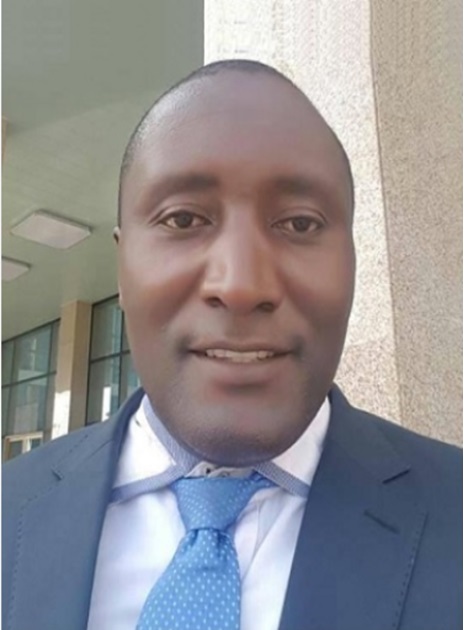
Assoc. Prof. Nicholas Tendongfor
University of Buea , Co-Investigator
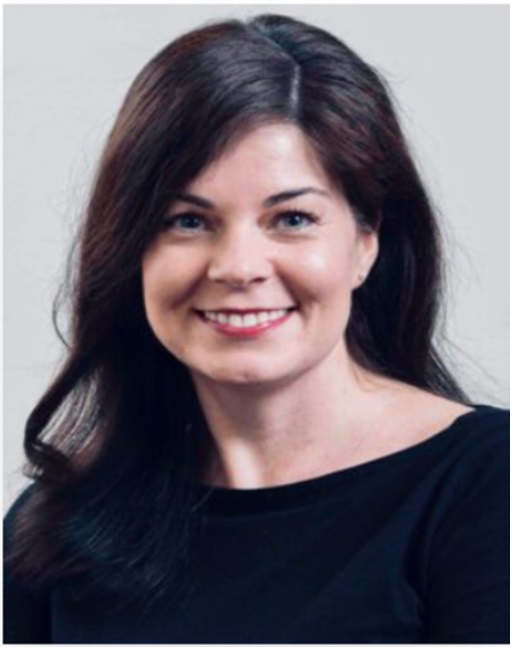
Sandra McCoy, PhD
University of California Berkeley. Co-Investigator, Project 2
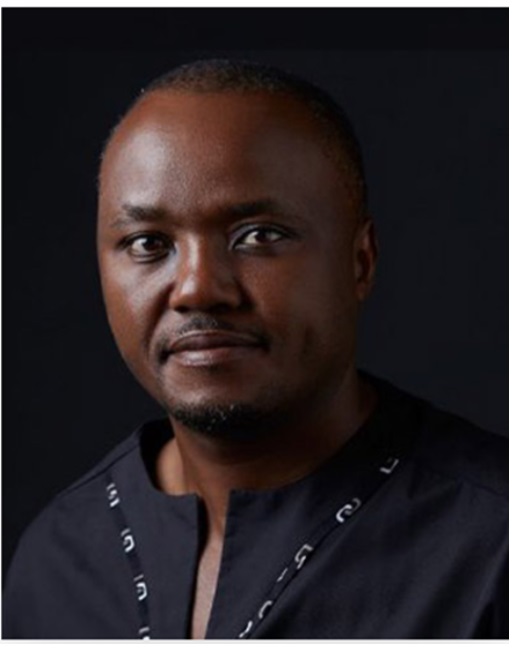
Sithombo Maqungo
University of CapeTown Co-Investigator, Project 2
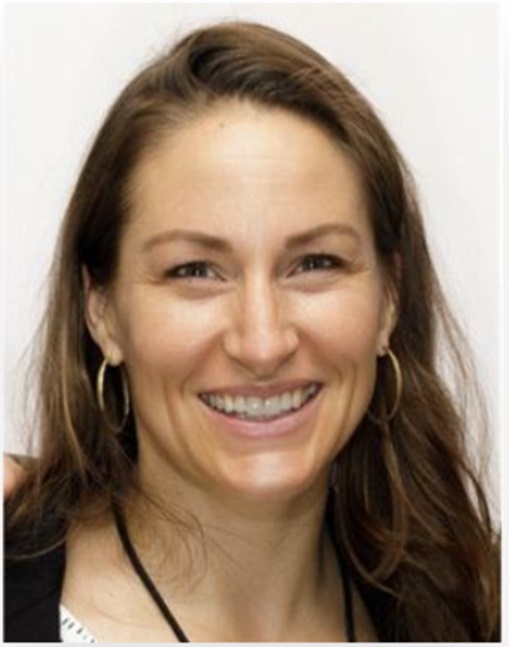
Dr. Catherine Juillard
University of California, Los Angeles Principal Investigator
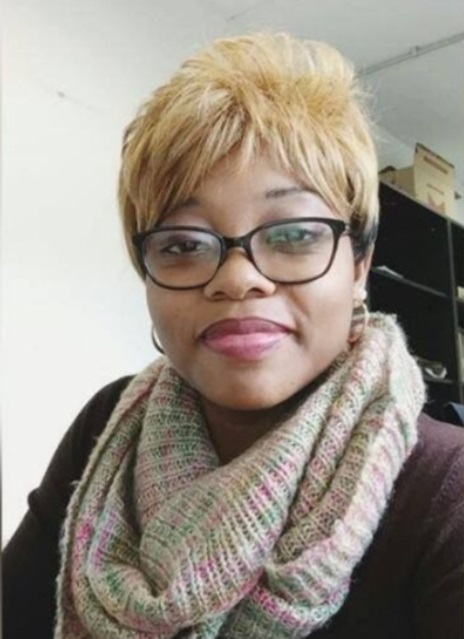
Fanny Dissak-Delon, MD
University of Buea Co-Investigator, Project 2



